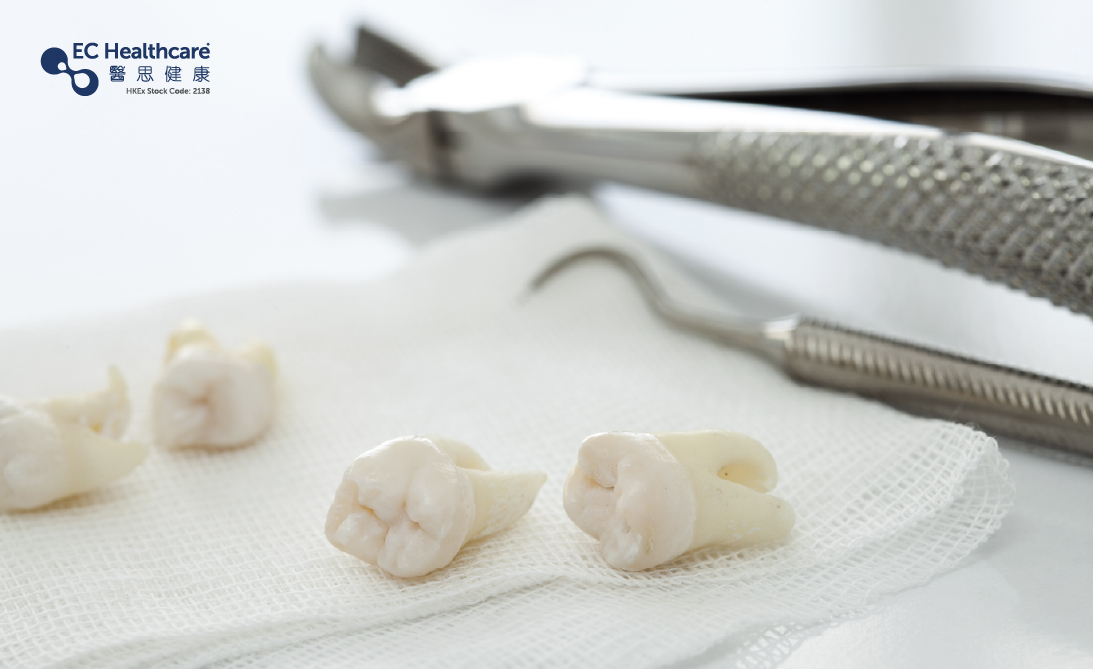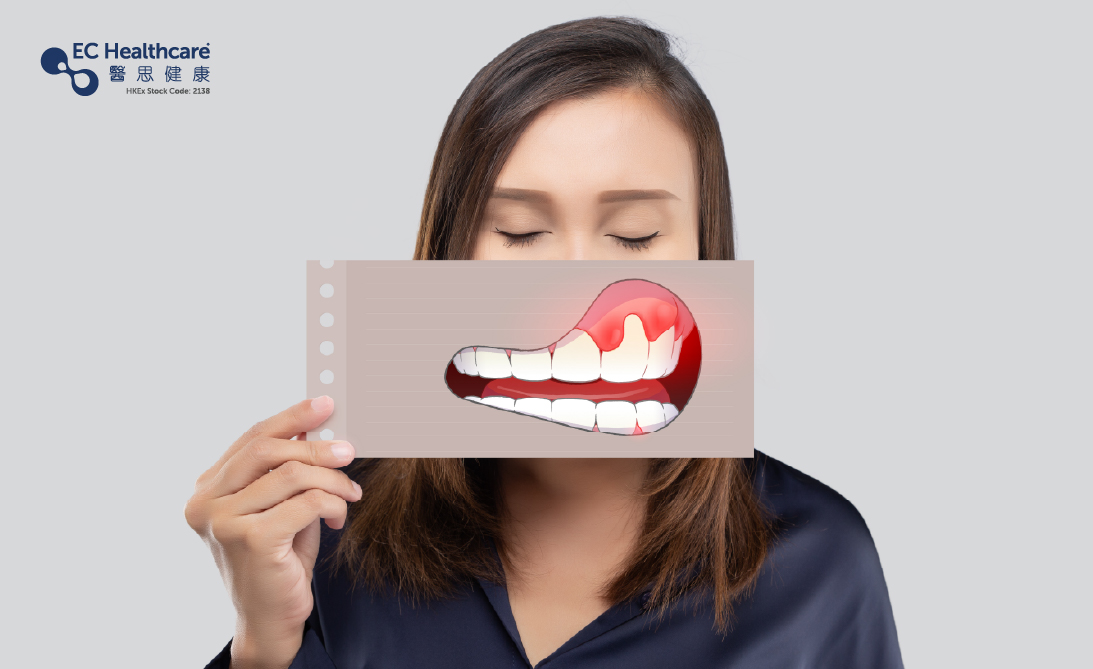The Risks of Wisdom Tooth Extraction


Many people say that "toothache is worse than a serious illness", especially the intense pain caused by wisdom teeth. If you can no longer bear with the pain and decide to extract your wisdom teeth, it is important to understand the potential sequelae and risks and better prepare your mind before undergoing surgery.

8 major sequelae of wisdom tooth extraction
Local anaesthesia takes 2 to 3 hours to completely wear off
When the anaesthesia wears off, patients are recommended to eat softer foods and avoid consuming hot foods and drinks to prevent burning or biting the lips and cheeks.
Blood in saliva
Avoid rinsing the mouth or spitting saliva continuously for the rest of the day, as this may wash away blood clots and make it more difficult to stop bleeding.
Facial swelling
Apply ice packs on the face, and rinse the mouth with warm salt water the next day to help reduce inflammation and swelling.
Wound pain
Patients may take painkillers, or if necessary, antibiotics prescribed by the dentist.
Wound infection
Maintain good oral hygiene and clean the mouth frequently to prevent wound inflammation. Wound infection after surgery may delay wound healing.
Temporary temporomandibular joint (TMJ) pain
Due to prolonged mouth opening during surgery, patients may experience temporary TMJ pain.
Numbness of the lower lip, chin, and tongue
In some cases, the inferior alveolar nerve or lingual nerve may be injured during surgery, resulting in numbness of the lower lip, chin, and tongue. The numbness often goes away shortly, but in very rare cases, extraction of lower wisdom teeth can cause permanent damage to the nerves.
Wisdom teeth holes
After wisdom tooth extraction, the wound will heal within about 3 months. During this time, food debris can easily get stuck in the holes while eating. If patients do not pay attention to their oral hygiene, it may cause wound inflammation and a foul odour. Therefore, it is important to maintain good oral hygiene habits.
Will wisdom tooth extraction cause facial paralysis?
Many people are concerned that wisdom tooth extraction may affect the nerves. This situation primarily occurs in extracting wisdom teeth located in the lower jaw, as there is one inferior alveolar nerve on each side, and the lingual nerve near the gum and tongue, which are responsible for the sensation of the lower lip and tongue respectively.
For some people, the roots of their wisdom teeth are closer to these nerves. During the extraction process, these nerves may be pulled or stretched, resulting in temporary loss of sensation in the lower lip and tongue. In very rare cases, permanent damage may occur, but it will not cause facial paralysis.
With the advancement of technology in recent years, dentists can use 3D CT scans to assess the distance between wisdom teeth and nerves, which helps prevent nerve injuries during surgery. The chance of permanent damage is actually minimal.
Related Brands










